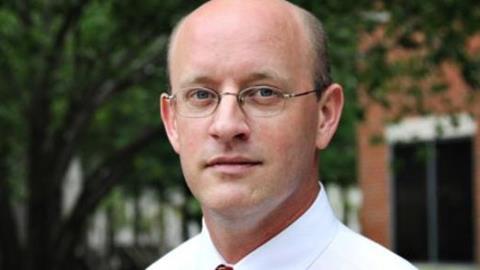Justin Brierley speaks to CS Lewis scholar Michael Ward about his new book ‘After Humanity: A guide to CS Lewis’ The Abolition Of Man’.
+ Subscribe to The CS Lewis podcast: https://pod.link/1560959545
+ For more shows, free ebook and newsletter visit our new website
+ For our Premier Unbelievable? Live events
+ Support the podcast from the USA
+ Support the podcast from UK and rest of the world























